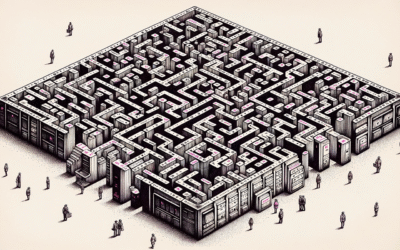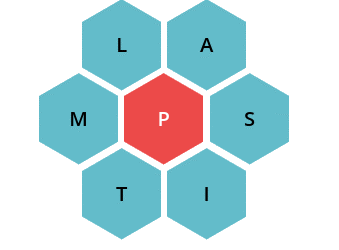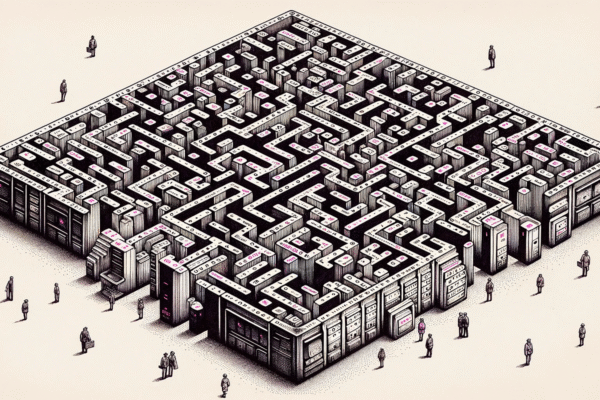

Israel Attack on Lebanon: Total Deaths and Consequences

The recent escalation between Israel and Lebanon has raised global concerns, bringing to light the ongoing tensions in the Middle East. As international media focuses on the conflict, questions arise about the total death toll, the root causes, and the broader impact on the region.
Focus Keyphrase: Israel Attack on Lebanon Death Toll
Background of the Conflict
The hostilities between Israel and Lebanon date back several decades, fueled by complex political, territorial, and religious disputes. Lebanon, home to various factions including Hezbollah, has frequently clashed with Israel. The latest attacks have led to a surge in casualties on both sides, raising fears of further escalation.
The ongoing Israeli airstrikes on Lebanon stem from incidents related to border disputes, rocket attacks, and retaliations. This complex conflict affects not only the two nations but also surrounding regions, especially in the context of broader Middle Eastern politics.
Escalation of the Conflict
In recent months, tensions along the Israel-Lebanon border have spiked, leading to an increase in military confrontations. Israeli forces responded to reported rocket fire from Lebanon with airstrikes targeting Hezbollah strongholds. Hezbollah, a powerful militant group backed by Iran and based in southern Lebanon, has been a key player in this ongoing conflict.
As the exchange of fire intensifies, the civilian population on both sides has been caught in the crossfire. The international community has voiced concerns about the rising death toll, calling for restraint and peaceful negotiations. However, efforts to de-escalate the situation have proven challenging.
Total Death Toll from the Israel Attack on Lebanon
The total death toll from the recent Israel attack on Lebanon is still being assessed. As of the latest reports, hundreds of civilians and fighters have lost their lives. Israeli airstrikes have caused significant damage to Lebanese infrastructure, including residential buildings, hospitals, and communication centers. In Lebanon, Hezbollah militants, as well as civilians, have been the primary victims.
Lebanese authorities have reported heavy casualties, with civilian deaths making up a large portion of the fatalities. The exact figures vary, but it is estimated that the death toll has surpassed 300 people in the initial days of the conflict. The numbers are expected to rise as rescue operations continue, and more bodies are uncovered from the rubble.
Humanitarian Crisis in Lebanon
The humanitarian impact of the Israel-Lebanon conflict has been devastating. Thousands of Lebanese civilians have been displaced due to the ongoing airstrikes, and the country’s already fragile infrastructure is under immense strain. Power outages, lack of medical supplies, and food shortages are exacerbating the crisis.
Hospitals in Lebanon are struggling to cope with the influx of wounded civilians. Medical facilities in southern Lebanon, the area most affected by the Israeli airstrikes, have reported that they are running out of essential supplies. Humanitarian organizations are urging for immediate international aid to prevent a full-scale humanitarian disaster.
The conflict has also caused significant damage to Lebanon’s economy. With key infrastructure destroyed, including bridges, highways, and ports, the country’s economic recovery post-conflict will be a massive challenge. The impact on agriculture, tourism, and trade is expected to push the Lebanese economy further into decline.
Israel’s Perspective on the Conflict
From the Israeli side, the attacks on Lebanon have been framed as necessary actions in defense of national security. The Israeli government has emphasized that the military strikes are aimed at Hezbollah targets, which it considers a direct threat to its sovereignty. Hezbollah’s rocket attacks on Israeli towns have caused deaths and injuries among Israeli civilians, further fueling Israel’s military response.
The Israeli government has justified the airstrikes as a means of neutralizing Hezbollah’s military capabilities and preventing further attacks. However, this has come at a high cost to Lebanese civilians, who are often caught in the crossfire between Israel and Hezbollah fighters.
International Response to the Israel-Lebanon Conflict
The international community has largely condemned the violence between Israel and Lebanon, urging both sides to agree to a ceasefire. The United Nations and European Union have called for an immediate end to hostilities and for peaceful negotiations to resolve the dispute. However, geopolitical dynamics in the Middle East have complicated efforts to mediate a solution.
Countries like the United States and Russia, which have significant stakes in the region, have issued statements calling for restraint. However, their influence over the warring parties remains limited. Both Israel and Hezbollah have strong backing from their respective allies, making the conflict difficult to resolve diplomatically.
Long-Term Implications for the Middle East
The Israel-Lebanon conflict has broader implications for the Middle East. It risks destabilizing neighboring countries, including Syria and Jordan, which have already been affected by regional conflicts. Moreover, the involvement of Iran, through its support for Hezbollah, has the potential to escalate tensions beyond Lebanon’s borders.
The conflict also complicates efforts to reach peace agreements in the region, particularly in light of ongoing disputes between Israel and Palestine. The death toll and destruction caused by the Israel-Lebanon conflict could deepen animosities and make future negotiations even more challenging.
Conclusion
The total death toll from the Israel attack on Lebanon continues to rise, as both sides remain locked in a bitter and destructive conflict. Civilians bear the brunt of the violence, and the humanitarian crisis in Lebanon is deepening. While international efforts to mediate a peaceful resolution continue, the long-standing issues that underpin the conflict suggest that a comprehensive solution remains elusive.
The recent escalation underscores the fragility of peace in the Middle East and the dire need for diplomatic efforts to prevent further loss of life. However, with the complexities of regional politics, achieving a lasting peace between Israel and Lebanon remains a significant challenge.

















